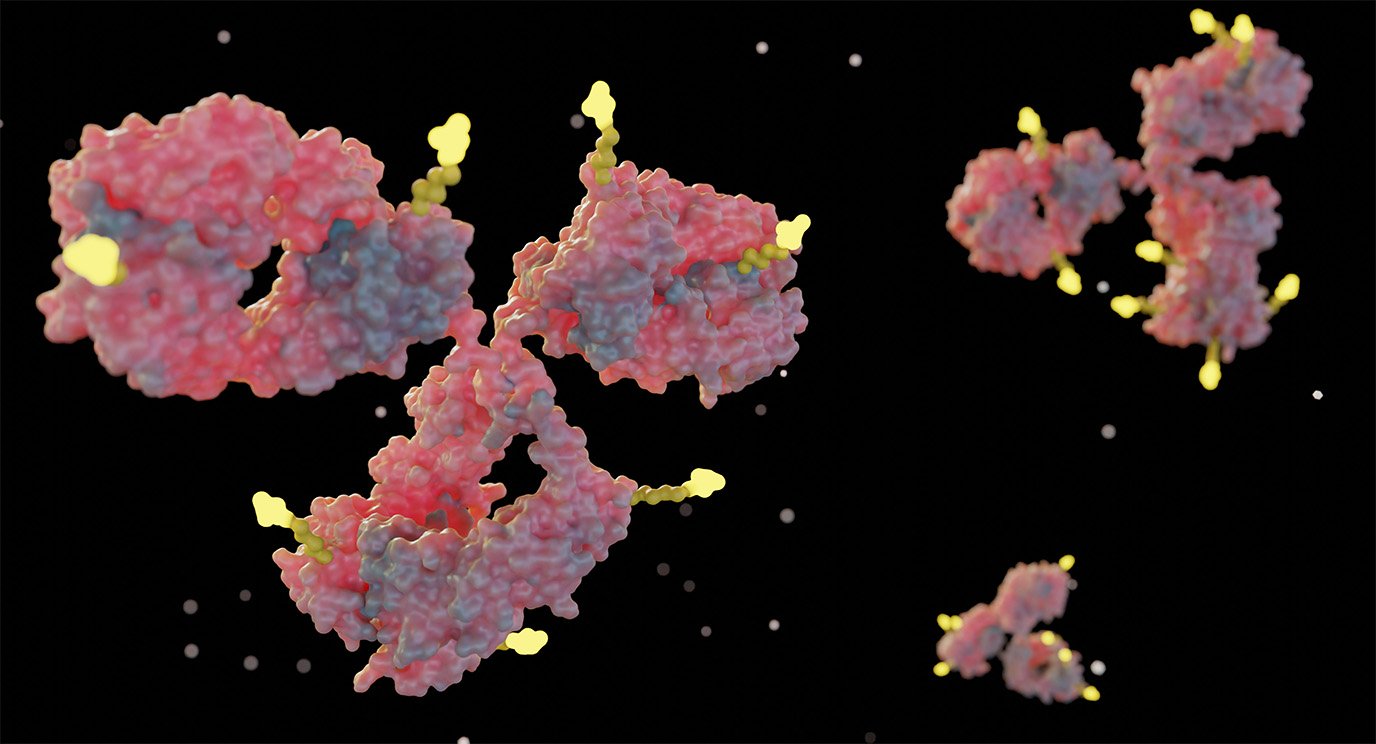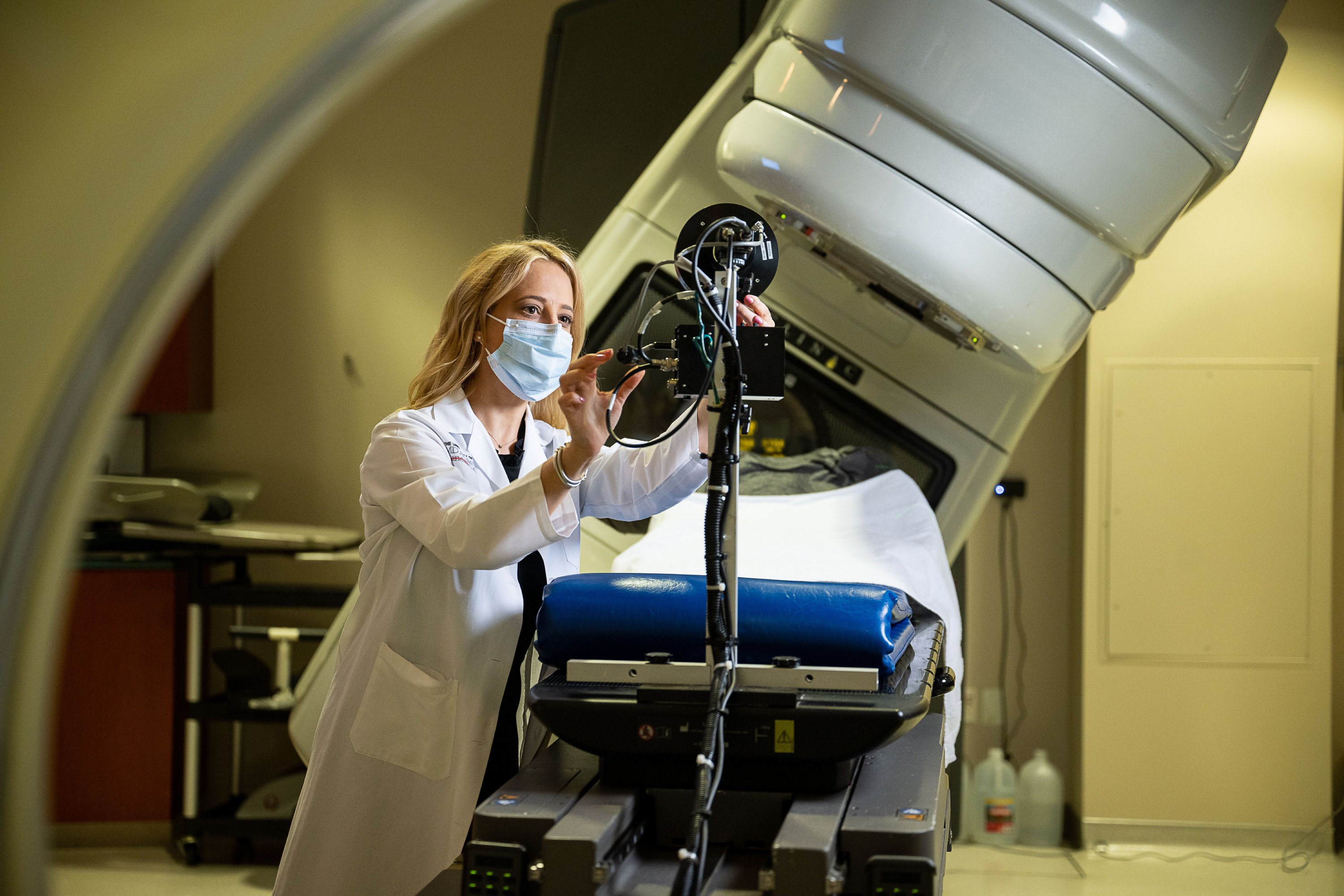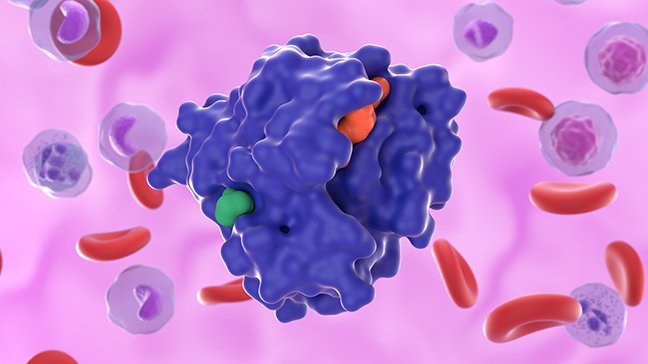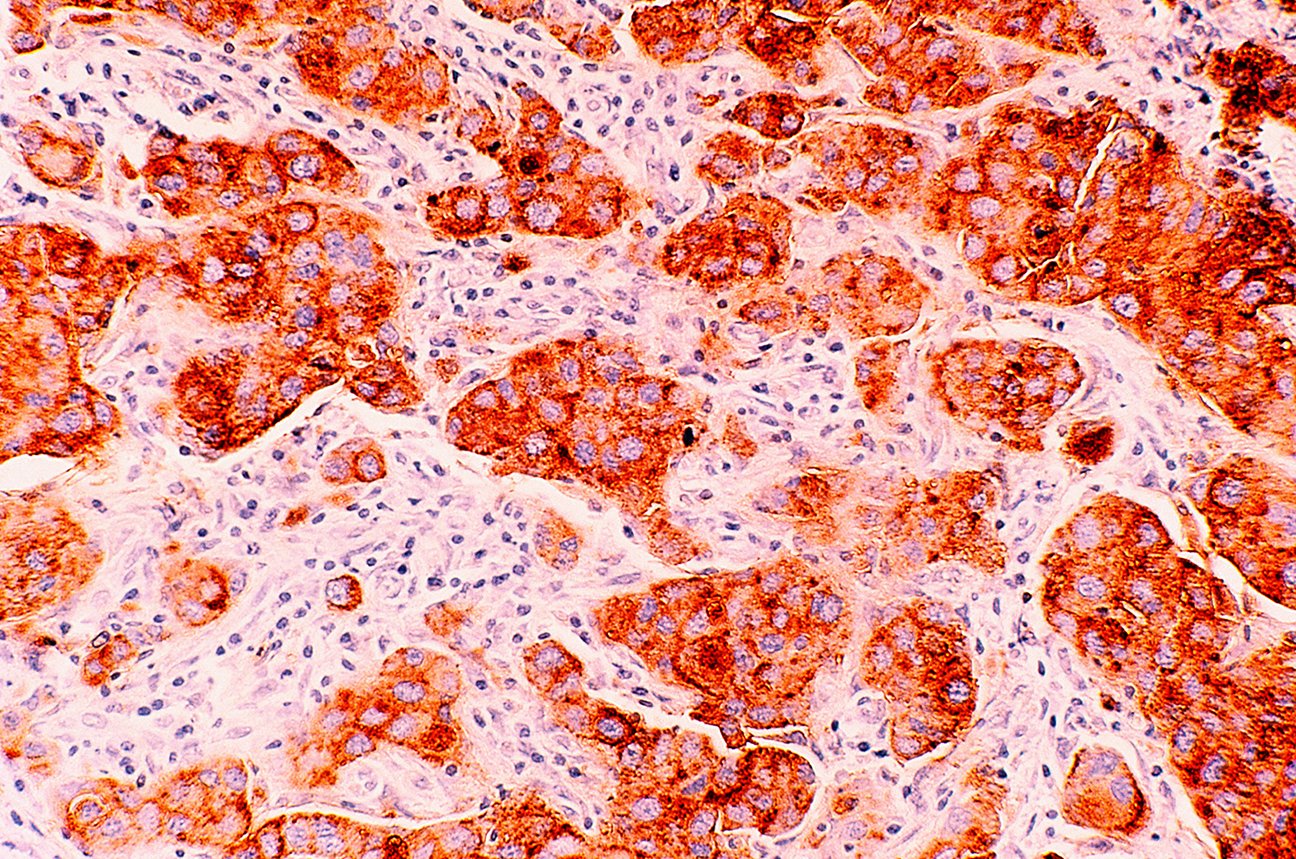- Diseases
- Acoustic Neuroma (14)
- Adrenal Gland Tumor (24)
- Anal Cancer (66)
- Anemia (2)
- Appendix Cancer (16)
- Bile Duct Cancer (28)
- Bladder Cancer (68)
- Brain Metastases (28)
- Brain Tumor (230)
- Breast Cancer (718)
- Breast Implant-Associated Anaplastic Large Cell Lymphoma (2)
- Cancer of Unknown Primary (4)
- Carcinoid Tumor (8)
- Cervical Cancer (154)
- Colon Cancer (164)
- Colorectal Cancer (110)
- Endocrine Tumor (4)
- Esophageal Cancer (42)
- Eye Cancer (36)
- Fallopian Tube Cancer (6)
- Germ Cell Tumor (4)
- Gestational Trophoblastic Disease (2)
- Head and Neck Cancer (6)
- Kidney Cancer (124)
- Leukemia (344)
- Liver Cancer (50)
- Lung Cancer (288)
- Lymphoma (284)
- Mesothelioma (14)
- Metastasis (30)
- Multiple Myeloma (98)
- Myelodysplastic Syndrome (60)
- Myeloproliferative Neoplasm (4)
- Neuroendocrine Tumors (16)
- Oral Cancer (100)
- Ovarian Cancer (170)
- Pancreatic Cancer (166)
- Parathyroid Disease (2)
- Penile Cancer (14)
- Pituitary Tumor (6)
- Prostate Cancer (144)
- Rectal Cancer (58)
- Renal Medullary Carcinoma (6)
- Salivary Gland Cancer (14)
- Sarcoma (236)
- Skin Cancer (296)
- Skull Base Tumors (56)
- Spinal Tumor (12)
- Stomach Cancer (60)
- Testicular Cancer (28)
- Throat Cancer (90)
- Thymoma (6)
- Thyroid Cancer (98)
- Tonsil Cancer (30)
- Uterine Cancer (78)
- Vaginal Cancer (14)
- Vulvar Cancer (18)
- Cancer Topic
- Adolescent and Young Adult Cancer Issues (20)
- Advance Care Planning (10)
- Biostatistics (2)
- Blood Donation (18)
- Bone Health (8)
- COVID-19 (362)
- Cancer Recurrence (120)
- Childhood Cancer Issues (120)
- Clinical Trials (626)
- Complementary Integrative Medicine (24)
- Cytogenetics (2)
- DNA Methylation (4)
- Diagnosis (230)
- Epigenetics (6)
- Fertility (64)
- Follow-up Guidelines (2)
- Health Disparities (14)
- Hereditary Cancer Syndromes (124)
- Immunology (18)
- Li-Fraumeni Syndrome (8)
- Mental Health (118)
- Molecular Diagnostics (8)
- Pain Management (62)
- Palliative Care (8)
- Pathology (10)
- Physical Therapy (18)
- Pregnancy (18)
- Prevention (896)
- Research (390)
- Second Opinion (74)
- Sexuality (16)
- Side Effects (604)
- Sleep Disorders (10)
- Stem Cell Transplantation Cellular Therapy (216)
- Support (404)
- Survivorship (322)
- Symptoms (184)
- Treatment (1776)
Radiation therapy side effects: 5 tips to cope
3 minute read | Published October 04, 2017
Medically Reviewed | Last reviewed by an MD Anderson Cancer Center medical professional on October 04, 2017
Like many types of cancer treatment, radiation therapy can cause side effects and have a profound impact on patients. Many of my patients suffer from lack of sleep, malnutrition, fatigue and skin irritation, and some aren’t quite sure how to cope.
The good news is that there are some things you can do to ease the side effects of radiation therapy and maintain your health and sanity. Here’s what I recommend.
Get enough sleep during radiation therapy
Many patients have trouble sleeping after receiving a cancer diagnosis, while others begin to experience fatigue near the end of radiation therapy. Exhaustion and lack of sleep can affect your mood and make it harder to manage the stress of cancer treatment.
But simple strategies, such as practicing a nighttime ritual, writing down your worries and avoiding naps, can help you cope with insomnia during treatment. It’s also important that you talk to your doctor about fatigue and insomnia since these issues often go undiagnosed. Get more tips to cope with insomnia.
Treat skin exposed to radiation with TLC
The skin in the area where you’re receiving radiation therapy may become red and sensitive, similar to a sunburn. Your radiation oncology nurse will review specific instructions for caring for your skin with you, so it’s important to take note. Some of the things your nurse will tell you include:
- Don’t wash off our marks from the radiation simulation. These help us ensure we’re direction the radiation to the right place during your actual treatment.
- Clean the skin gently with warm water and a mild soap.
- Avoid using powders, perfumes, lotions, aluminum deodorants and products containing alcohol in the treatment area unless approved by your oncology nurse.
- Avoid putting anything hot (heating pads) or cold (ice packs) directly on the treated skin.
- If you spend time outdoors, wear a hat or clothing to protect your skin. After treatment, use sunscreen with SPF 30 or higher.
Maintain a well-balanced diet
Many cancer patients face malnutrition because they struggle with nausea or can’t get enough nutrients during treatment.
While certain types of radiation therapy may require a change in your diet to minimize side effects like malnutrition and nausea, it’s important to maintain your weight. It’s also important to remember that radiation therapy is not the time to start a weight loss program.
If you’re an MD Anderson patient, ask your doctor for a referral to one of our dietitians. With their help, you make sure you’re eating the right foods and getting the vitamins and minerals you need.
Commit to physical activity
For patients that are up for it and are already physically active, exercising during radiation therapy can help with fatigue, mood issues and stress management. Even going for a walk for a few minutes can help. We generally do not recommend starting a new rigorous training program during radiation. Use this guide to learn about the benefits of physical activity for cancer survivors and how to get started.
Get the support you need
During your cancer diagnosis and treatment, you’re likely to experience an array of emotions, including anxiety, depression, fear or hopeless. It may help to talk about your feelings with a close friend, family member, chaplain or other spiritual leader, nurse, social work counselor or psychologist. To find a support group in your area, talk to your radiation oncology nurse or another member of your MD Anderson care team. MD Anderson has many support groups for patients and caregivers. There are many support groups that meet in person, over the phone or online.
Most importantly, call your doctor if you experience any unusual symptoms during radiation therapy. We’re here to support you throughout your radiation therapy experience, and we want you to remember that you’re not alone.
Pamela J. Schlembach,M.D., is professor of Radiation Oncology at MD Anderson in The Woodlands.
Request an appointment at MD Anderson online or by calling 1-855-969-9155.
Related Cancerwise Stories

We want you to remember that you're not alone.
Pamela J. Schlembach, M.D.
Physician





